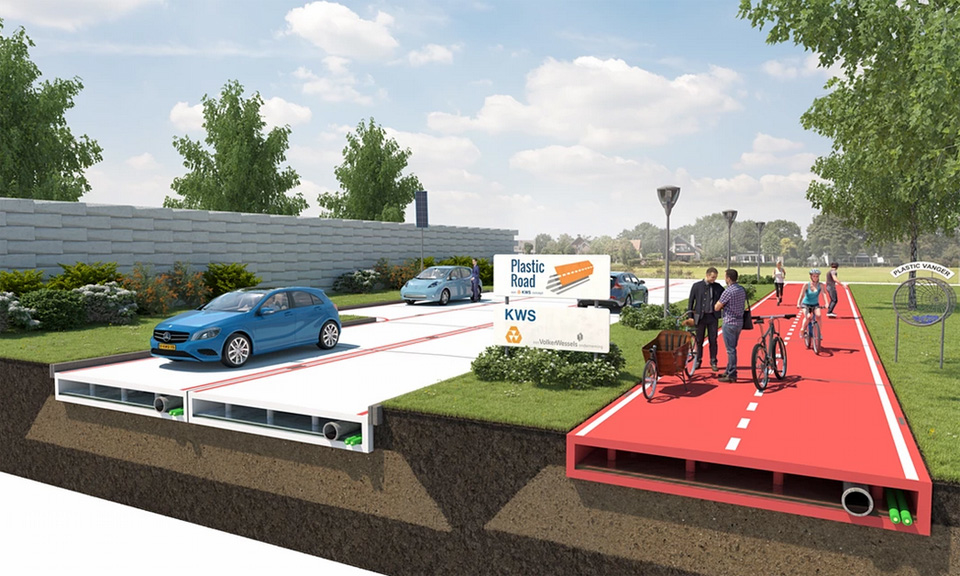More and more plastic waste is ending up in our oceans and seas, because of the circular sea current in the north of the Pacific all this plastic waste is gathering in the middle of this current. This is what we call “the plastic soup”. Plastic isn’t biologically degradable, which means as long we keep throwing our plastic in the ocean this soup will only get bigger. With the last measurements of scientists the estimation is that this so called soup is now 34 times bigger than the whole of the Netherlands, and is weighing over 8 billion kilos.
The name soups comes from the fact that plastic waste is reduces to smaller particles due to the effects of weathering, sunlight and wave action. As a result the plastic fragments into micro particles where it evolves in a soup like substation which is releasing toxins and mistaken by the marine life for food. This leads to serious pollution of our oceans that occupy 72 % of the earth’s surface and are our main source of oxygen. With serious trouble for more than half the world’s population who is relying on our waters as a primary food source.
The danger of this plastic soup is getting clearer because of all the research that is done in this field and all kind of initiatives came up in cleaning our oceans. The TU Delft is together with The Ocean Cleanup exploring efficient ways to contribute to making our oceans clean again. The first cleanup is planned to take place in 2020.
Rolf Mars president of KWS Infra saw the need that he had to contribute to cleaning our oceans. He tried not to tackle the problem at its core, but create a demand for this plastic that is ready to be recycled and put to a use again. The concept PlasticRoads was born. PlasticRoads is a concept to replace the traditional tarmac roads by sustainable plastic roads, which are made up of 100 % recycled plastic. With 8 billion kilos of plastic there will be more than enough building material for our road system.
The PlasticRoads will be made up of lightweight constructions that are easy to assemble to each other and are hollow inside. This hollow could be used to integrate systems in the road such as: Sensors, cables, ducts and jacks for lampposts. Next to that compared to tarmac the plastic roads are superior in lifespan, needed maintenance and less sensitive for weather influences and weeds. New upcoming innovations like ultra-silent or energy absorbing will also be easier applicable on plastic roads than the traditional tarmac.
PlasticRoads shows there isn’t always a need for a void in the market for innovators to come up with clever ideas, but a surplus of what seems like garbage could lead to a revolutionary innovation, clean oceans and a road system which is sustainable and ready for the future.
